Understanding Free Machining Steel
Standard Grades of Free Machining Steel
| Free Machining Steel | ||||
| NO. | GB | ASTM/AISI | DIN | JIS |
| 1 | Y12/Y12Pb | 12L14 | 9SMnPb28 | SUM24L |
| 2 | Y15/T15Pb | 12L14 | 9SMnPb36 | SUM23 |
| 3 | Y20 | 1213/1215 | 10S20 | SUM32 |
| 4 | Y30 | 1132/1144 | 11SMn30 | SUM43 |
| 5 | Y35 | 1137 | 11SMn37 | SUM43 |
| 6 | Y40Mn | 1141 | 11SMnPb37 | SUM42 |
| 7 | Y45Ca | SUM41 | ||
Characteristics of Free Machining Steel
Free Machining Steel is essentially known for its high machinability. This reduced tool wear gives rise to an extension of tool life leading to a significant production efficiency. The steel also possesses good electroplating properties, which provides an economical substitute for copper and other materials. Uniquely provides beautiful high surface finish products and is environmentally friendly according to EU SGS standards, hence perfect for a number of applications.
Common Sizes and Forms Available
FSMS is offered in a vast array of dimensions and shapes to meet the requirements of diverse industries. Usually, it is made in the form of bars, rods, and sheets, so that the component types, including gears, shafts, screws, and other customary mechanical elements, can be endowed with a variety of types of manufacturing. These forms are very important in industries using automatic-type lathes and precision-type machining tools.
Challenges in Welding Free Machining Steel
Factors Affecting Weldability
Although the alloying elements that improve the machinability of Welding Free Machining Steel enhance machinability, they seriously disrupt weldability. Sulfur and lead, for example, contribute to brittleness at the weld metal interface. These elements are responsible for higher porosity and cracking during the welding. Welding could also be problematic as alloys have different thermal expansion rates.
Common Weld Defects and Their Causes
Free Machining Steel has common weld defects like porosity, cracking, lack of fusion, etc. Due to the sulfur, gas can be trapped leading to porosity. When welded without adequate preheat or post-weld heat treatment, the welding material can be too brittle and can lead to cracking. Incorrect welding and low heat input during welding lead to a lack of fusion.
Techniques to Improve Weldability
Pre-Weld Preparation Methods
The start for improving weldability is good pre-weld preparation. It is very important to clean the surface of the workpiece since any contaminants can also degrade the quality of the weld. Prethat steel assists in the minimization of thermal gradients of preheating prior to directly reducing shrinkage rare form shrinkage, and crackformation. Choosing the right filler metals that are compatible with the base metal composition also increases the soundness of welds.
Welding Process Selection
Proper selection of the welding process is essential for the successful welding of Free Machining Steel and for the solutions to weldability issues. Gas Tungsten Arc Welding (GTAW), also known as Tungsten Inert Gas (TIG) welding, is often the electro-slag welding process of choice due to the ability to control the heat input. The downside of high temperatures or cooling rates leading to defects is minimized by this method. Welding, low-hydrogen electrodes in shielded metal arc welding (SMAW) can reduce the risk of hydrogen-induced cracking.
With the comprehension of these limitations coupled with the application of proper techniques, manufacturers can suitably work their way around the weldability dilemmas of Free Machining Steel assuring minimal halt in productivity and quality-driven results in their products. With this knowledge, using the proper techniques, manufacturers can overcome weldability issues associated with Free Machining Steel without losing productivity output and without compromising the quality of their products.
Applications Benefiting from Improved Weldability
Gears, Fasteners, and Electronic Components
The machinability of the free cutting metal is more compared to others, hence Free Machining Steel is highly popular for getting different products like gears, fasteners, electronic components, etc. It enables the production of high-precision parts with a high-quality surface finish, making it suitable for these types of applications. The machinability of the steel enables accurate gear tooth profiles and fine finishes which are necessary for efficient power transmission and noise attenuation of the gear system. Threading is uniformly present with gem dimensional accuracy in fasteners and this property contributes to the reliability of almost all the mechanical systems due to its easy assembly. Free Machining Steel is employed in electronics for manufacturing terminal pins and other precision parts and connectors where conductivity is paramount.
Advantages in Industrial Applications
Thus, the increased weldability of Free Machining Steel contributes many benefits to industrial fileds. Being able to create complex parts with minimal tool wear and longer tool life increases productivity and decreases the cost of manufacturing. These characteristics are especially beneficial for industries like automotive, aerospace, and machines. To cite an example, automotive manufacturers can manufacture complex engine components with close tolerances and better surface finishes, which benefit the manufacturing of efficient engines. Materials for Aerospace Applications need to endure extreme conditions while maintaining structural integrity, Free Machining Steel, can provide powerful support with high-strength components and reliable welds.
PromiSpecial Offers Top Free Machining Steel
Quality Assurance and Product Range
PromiSpecial are manufacturer of premium Free Machining Steel, and its complete batch goes through quality checks so that they can guarantee high performance and reliability. The steel is offered in different grades based on certain industrial requirements, which include the Sulfur Free-Cutting Steel, the Lead Free-Cutting Steel, and the Calcium Free-Cutting Steel. Every grade is for improving machineability to retain important mechanical properties. The complete product portfolio guarantees that manufacturers only ever need to look one way for the right material to suit their application, whether that be high precision or desired properties of electroplating.
Customer Support and Technical Assistance
PromiSpecial will also offers top–notch customer support and technical assistance to ensure you use its Free Machining Steel products the best way possible. Our experts can advise which grades to select for specific applications and offer tips for machining and welding. This also includes support by troubleshooting potential issues during production processes with the aim of occasional improvements and helping customers reach desired outcomes in the most efficient possible manner.
Using these resources and recognizing the inherent advantages of Free Machining Steel, sectors can navigate impediments to weldability very well while making the most of the production process in the most efficient and effective manner to achieve quality output. Effective interpretation of these properties through these resources makes the industries overcome weldability problems during production processes with optimal functionality of output material for high-outcome processors into high-quality parts of machined results.


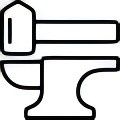



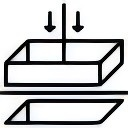


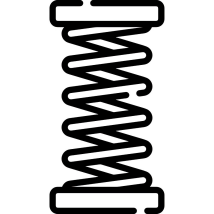







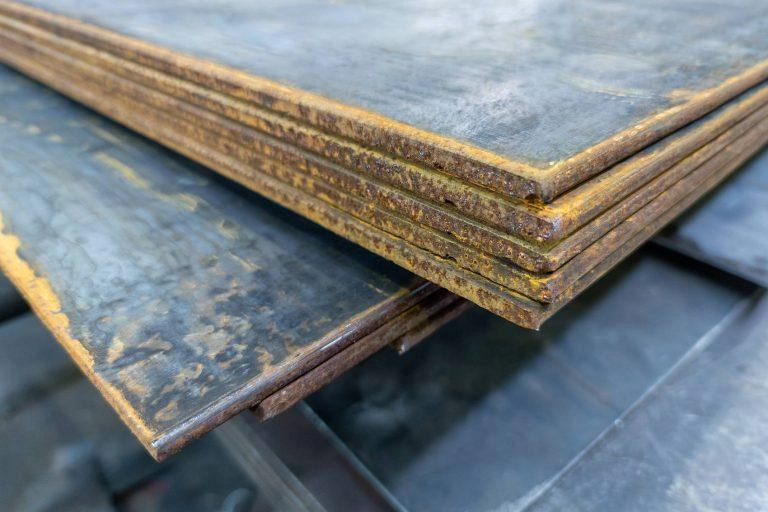
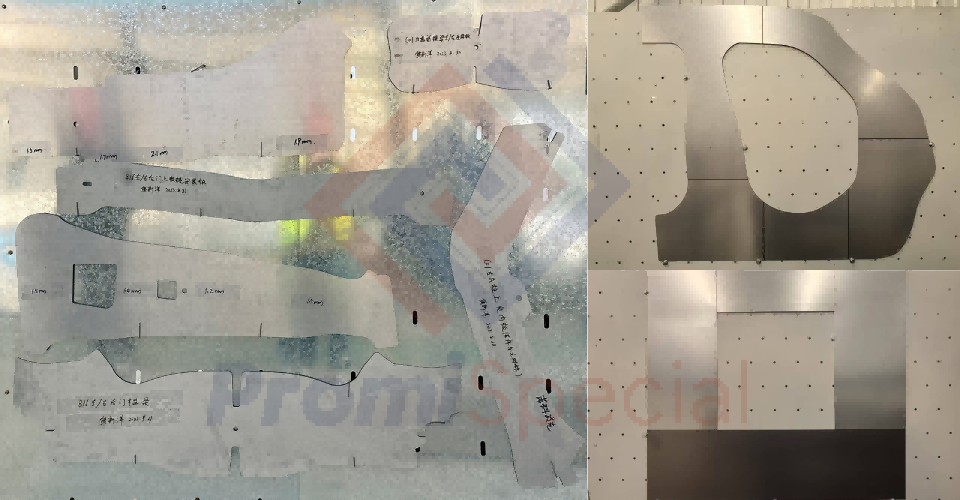
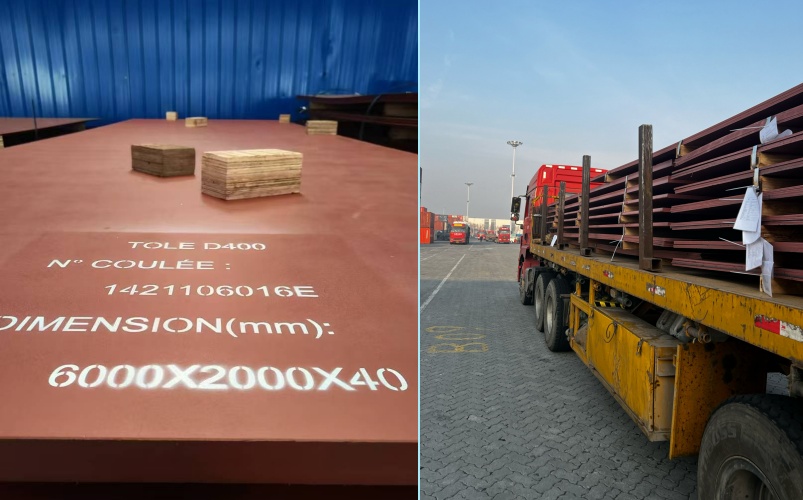

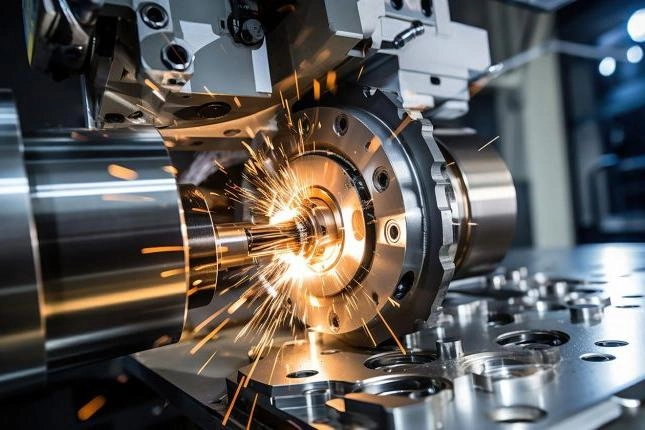
.webp)


